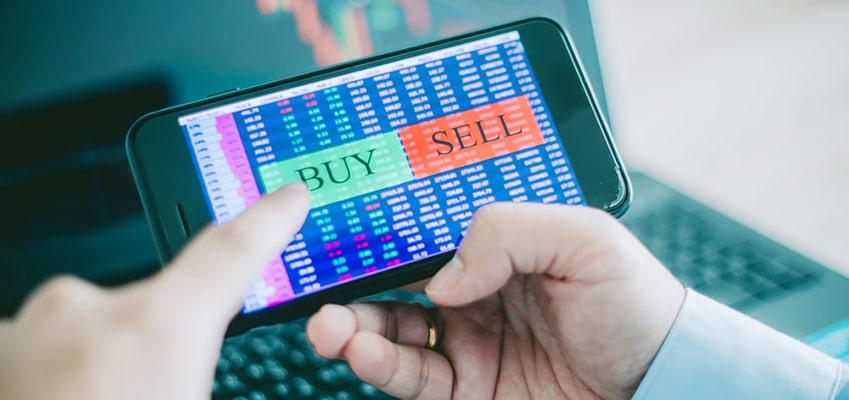Assuming you decided to place a trade on one of the many financial markets available, how would you go about it?
You would need to send instructions to your broker to buy or sell an instrument on your behalf. This is known as placing an order.
In the case of online trading, the order is placed over the internet through a trading platform. There are various types of orders that a trader can place with their broker including:

Market Orders
A market order instructs a broker to buy or sell an instrument at the next available price and before the end of the trading day. There is no specific price set when dealing with a market order but unless there is an absence of liquidity, market orders are usually executed at or very close to the price available when the order was placed.
Limit Orders
A limit order instructs a broker to buy or sell an instrument at the specified price or better. Limit orders enable you to state exactly how much you are willing to buy or sell an instrument for. Traders can set a specific expiry time for a limit order or leave the default setting known as ‘good-til-cancelled’ (GTC), which means it will remain open until executed as a trade.
Stop Orders
A stop order is used to enter the market at a less favourable price. In the case of a buy-stop order, the order is placed above the current market price and in the case of a sell order it is placed below the current market price.
The most common use of stop orders is a stop-loss order. This type of order is often used by traders as a means of risk management, enabling them to limit losses and exit a trade in the event the market moves against them.
Stop losses are free to use and they protect your account against adverse market moves, but please be aware that they cannot guarantee your position every time. If the market becomes suddenly volatile and gaps beyond your stop level (jumps from one price to the next without trading at the levels in between), it’s possible your position could be closed at a worse level than requested. This is known as price slippage.
 Change Language ▼
Change Language ▼

